The Next Pope: Examining The Leading Candidates For The Papacy
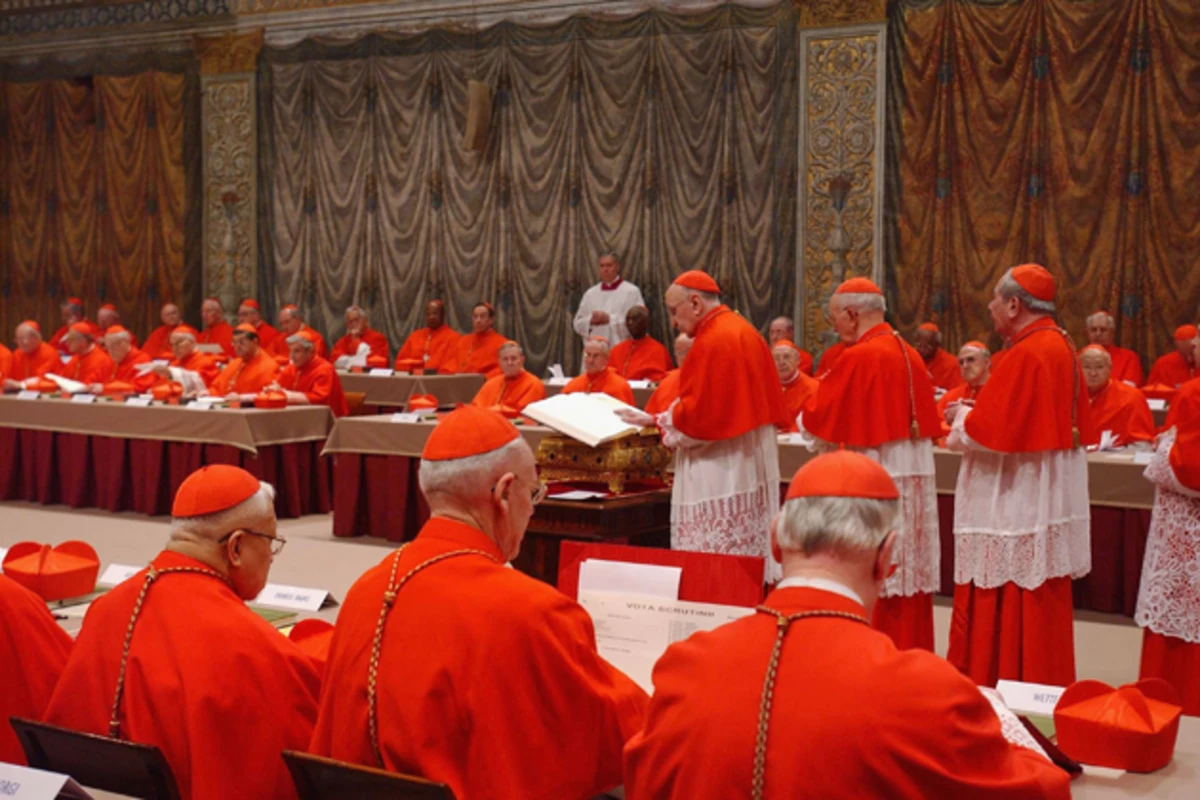
Table of Contents
Cardinal Pietro Parolin: A Diplomat's Approach?
Theological Stance and Key Beliefs:
Cardinal Pietro Parolin, currently the Vatican Secretary of State, is known for his diplomatic skills and pragmatic approach. His theological views are generally considered to be in line with traditional Catholic teachings, though he's demonstrated a willingness to engage in dialogue on contemporary issues.
- Strong supporter of Pope Francis's papacy: He has been a key figure in implementing many of Pope Francis's reforms.
- Emphasis on ecumenism and interfaith dialogue: His experience as the Vatican's representative to various international organizations underscores his commitment to bridging divides.
- Focus on social justice and care for the poor: His work reflects a concern for the marginalized and vulnerable populations globally.
Strengths and Weaknesses as a Papal Candidate:
- Strengths: Extensive experience in diplomacy and international relations, proven administrative skills, strong communication abilities, and a reputation for being a skilled negotiator.
- Weaknesses: Some may perceive him as lacking a strong personal charisma or a distinct theological profile that sets him apart. His association with the current papacy might be seen as either a strength or weakness depending on the perspective.
Potential Supporters and Opposition:
- Potential Supporters: He is likely to garner support from those who value diplomatic expertise and a continuation of Pope Francis's reformist path, albeit a more moderate one.
- Potential Opposition: Those seeking a more conservative direction for the Church might view him as too closely aligned with the current papacy's trajectory.
Cardinal Luis Ladaria Ferrer: A Guardian of Tradition?
Theological Stance and Key Beliefs:
Cardinal Luis Ladaria Ferrer, Prefect of the Congregation for the Doctrine of the Faith, is widely considered a conservative voice within the Church. His theological views are firmly rooted in traditional Catholic teachings.
- Emphasis on orthodox doctrine and moral theology: He has consistently defended traditional interpretations of Catholic teachings on issues like family, sexuality, and liturgical practices.
- Careful approach to ecumenism: While supportive of interfaith dialogue, he stresses the importance of upholding core Catholic beliefs.
- Strong emphasis on the authority of the Magisterium: He's a staunch defender of the Church's hierarchical structure and its teaching authority.
Strengths and Weaknesses as a Papal Candidate:
- Strengths: Deep theological knowledge, strong intellectual credentials, and a reputation for unwavering adherence to traditional Catholic doctrine. His background provides a strong foundation in Church teaching.
- Weaknesses: Some might perceive his conservative stance as inflexible or resistant to necessary adaptations for a changing world. His relative lack of experience in governance could also be a concern.
Potential Supporters and Opposition:
- Potential Supporters: Conservative Catholics who desire a return to more traditional practices and a stricter adherence to doctrine would likely support him.
- Potential Opposition: Progressive Catholics and those advocating for greater inclusivity and openness within the Church may oppose his candidacy.
Cardinal Michael Czerny: A Champion of Social Justice?
Theological Stance and Key Beliefs:
Cardinal Michael Czerny, a Jesuit priest and Under-Secretary of the Dicastery for Promoting Integral Human Development, is known for his passionate advocacy for social justice and his commitment to serving the marginalized.
- Focus on integral human development: His work reflects a commitment to addressing the root causes of poverty, inequality, and environmental degradation.
- Emphasis on the preferential option for the poor: He consistently advocates for policies and actions that prioritize the needs of the most vulnerable members of society.
- Strong commitment to ecological justice: He is a vocal proponent of environmental stewardship and sustainable development.
Strengths and Weaknesses as a Papal Candidate:
- Strengths: Deep commitment to social justice, extensive experience working with marginalized communities, and a strong moral compass. His advocacy work resonates with many.
- Weaknesses: His relatively less prominent role in Church governance compared to other candidates may be seen as a disadvantage. Some may consider his social justice focus to overshadow traditional theological concerns.
Potential Supporters and Opposition:
- Potential Supporters: Progressive Catholics who prioritize social justice and environmental concerns are likely to support his candidacy.
- Potential Opposition: Those who prioritize doctrinal orthodoxy over social action might view his focus on social issues as less central to the Church's mission.
The Conclave Process: Understanding the Election of The Next Pope
The Papal conclave is a highly secretive process where the College of Cardinals gathers to elect a new Pope. The cardinals engage in ballots until a two-thirds majority is reached. The influence of various cardinals and factions within the College significantly shapes the outcome. Historical precedents, such as the emphasis on specific theological viewpoints in previous elections, can offer insights into potential future trends. The dynamics within the conclave are complex, influenced by personal relationships, political alliances, and regional considerations.
Predicting The Next Pope: A Look Ahead
Predicting the outcome of the papal conclave is inherently uncertain. However, by examining the key characteristics of the leading candidates – their theological stances, strengths, weaknesses, and potential support – we can gain a better understanding of the potential trajectories the Catholic Church might take under the next Pope. The next Pope will undoubtedly face immense challenges, ranging from addressing global crises to fostering unity and addressing internal divisions within the Church.
Continue to follow developments related to the next Pope, as the process unfolds. Share your thoughts on the potential candidates and their platforms. Stay informed about the upcoming conclave and the future direction of the Catholic Church. What qualities do you believe are most important for the next Pope? Share your opinions and continue the conversation!

Featured Posts
-
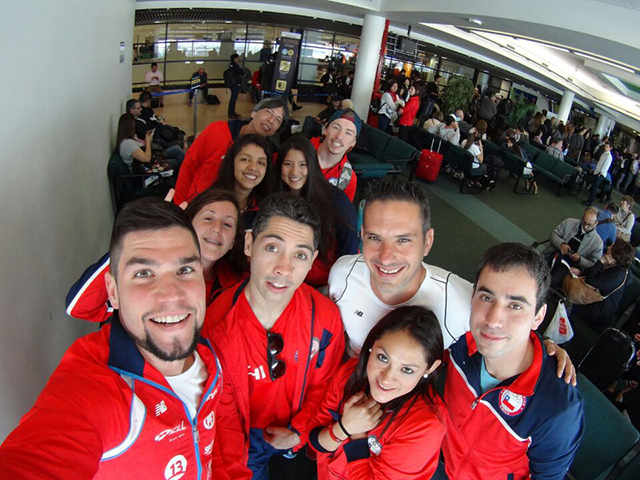 Cinco Karatecas Uruguayos Buscan Financiacion Para El Mundial Full Contact
May 11, 2025
Cinco Karatecas Uruguayos Buscan Financiacion Para El Mundial Full Contact
May 11, 2025 -
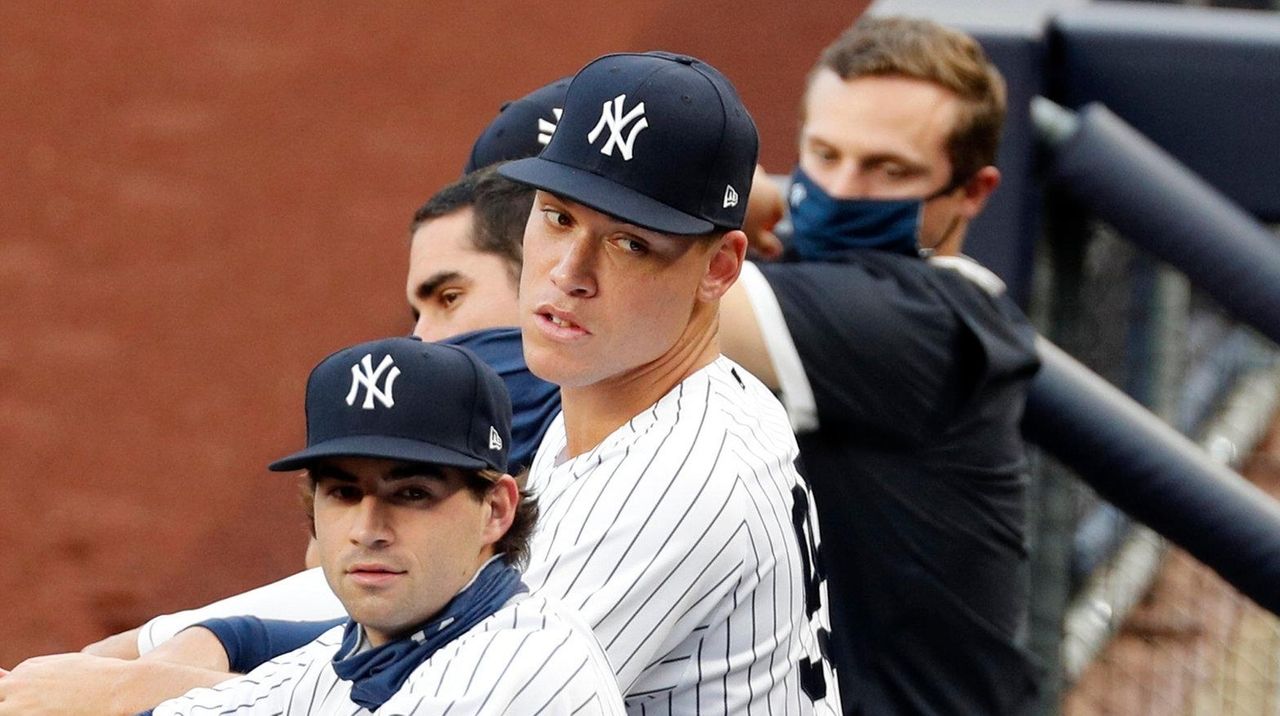 April 17 20 Rays Yankees Series Whos On The Injured List
May 11, 2025
April 17 20 Rays Yankees Series Whos On The Injured List
May 11, 2025 -
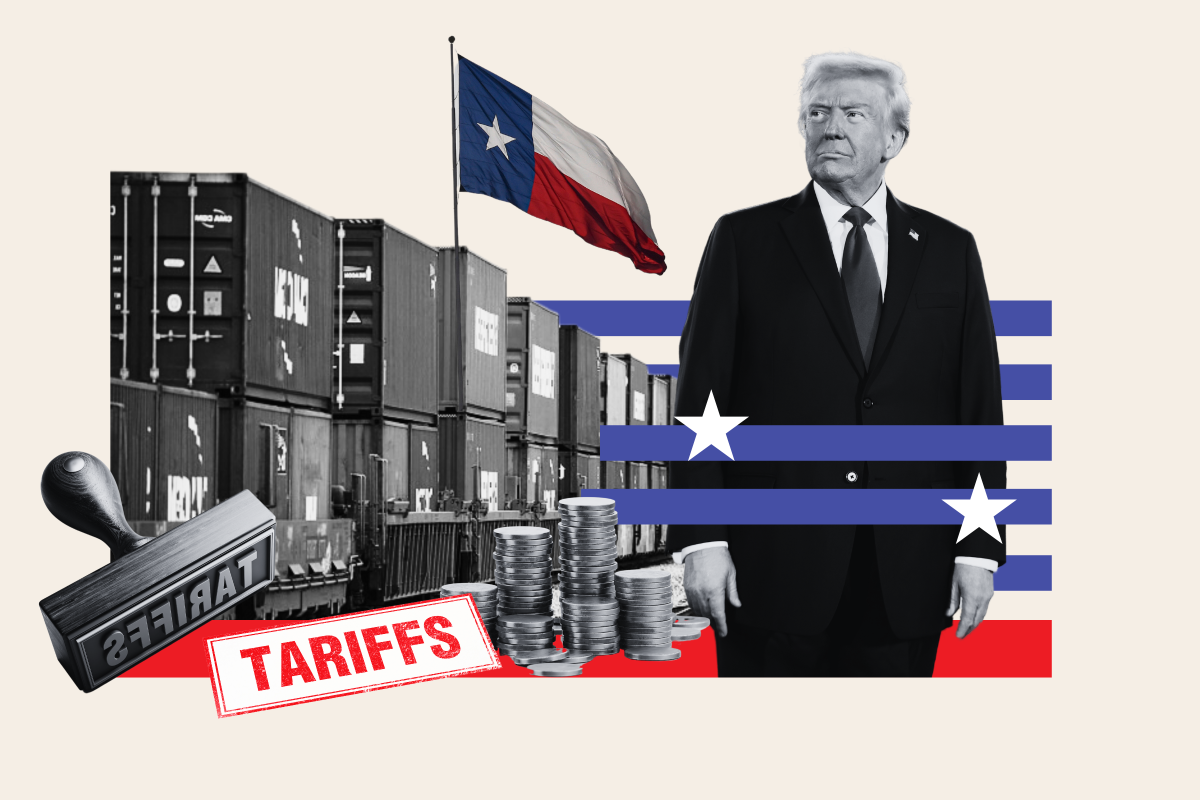 Trumps Tariff Threat Commercial Aircraft And Engines At Risk
May 11, 2025
Trumps Tariff Threat Commercial Aircraft And Engines At Risk
May 11, 2025 -
 15 Years Later Jessica Simpsons Highly Anticipated Concert Performance
May 11, 2025
15 Years Later Jessica Simpsons Highly Anticipated Concert Performance
May 11, 2025 -
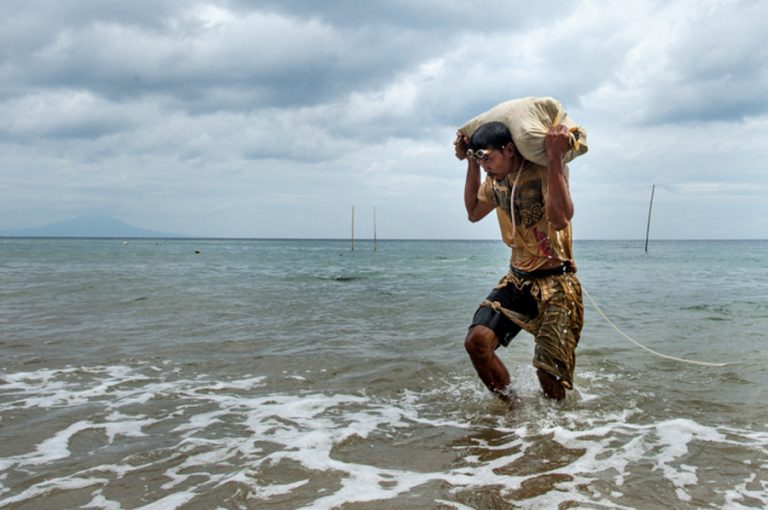 The 200 Million Question How Perus Mining Ban Affects Gold Output
May 11, 2025
The 200 Million Question How Perus Mining Ban Affects Gold Output
May 11, 2025
